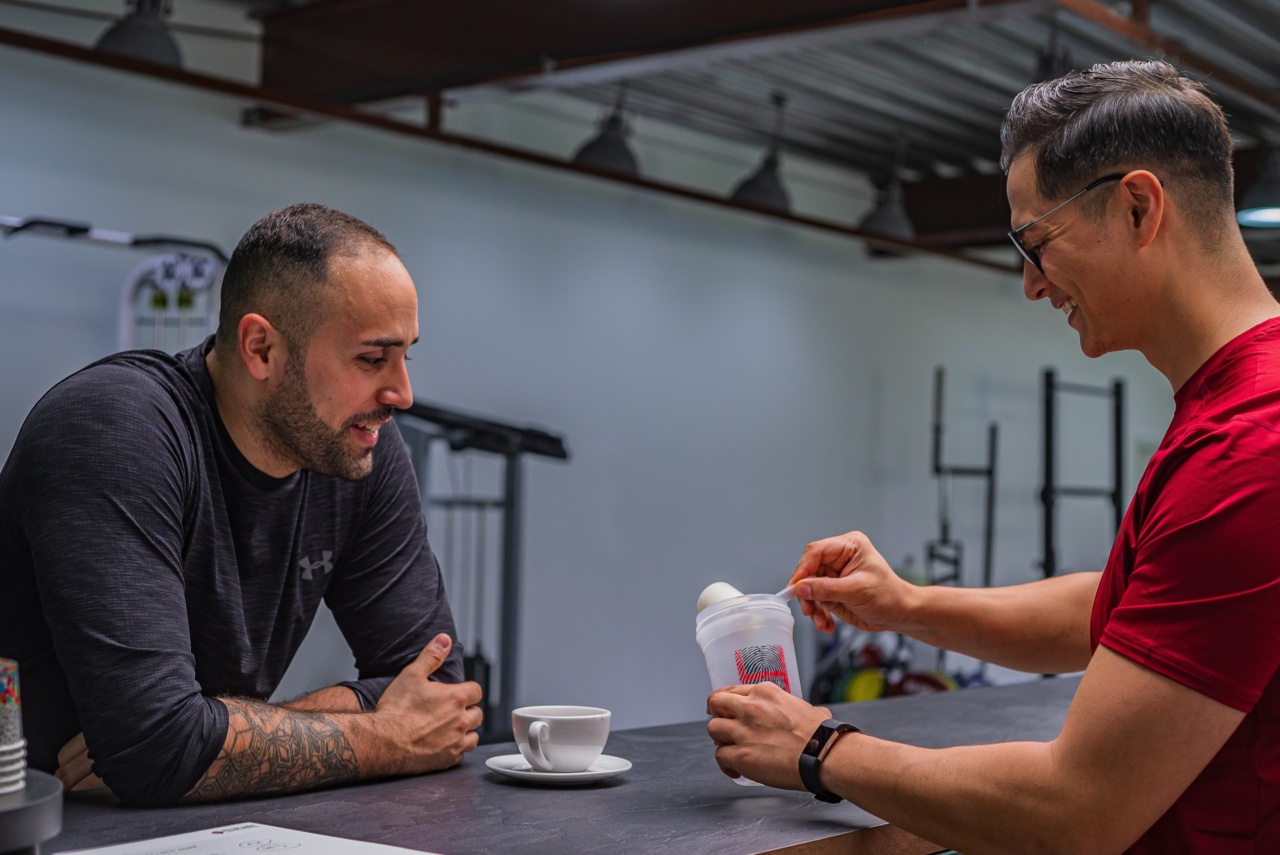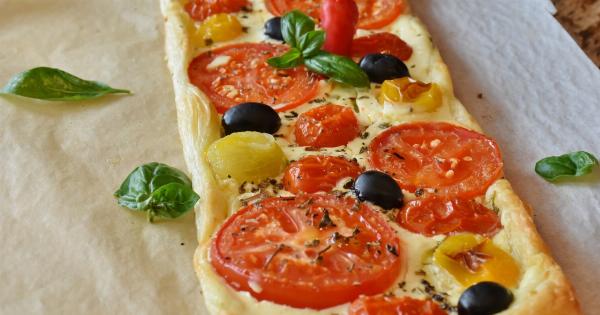Athletes require a high-protein diet to fuel their muscles and achieve optimal performance. However, many athletes choose to follow a plant-based diet for ethical, environmental, or health reasons.
Fortunately, there are plenty of meatless options that can help athletes meet their protein needs.
1. Legumes
Legumes, such as beans, lentils, and peas, are a great source of protein for athletes. They are also rich in fiber, vitamins, and minerals.
One cup of cooked lentils contains about 18 grams of protein, while one cup of cooked black beans contains about 15 grams of protein.
2. Quinoa
Quinoa is a versatile grain that is high in protein, with about 8 grams of protein per cup of cooked quinoa. It is also a good source of fiber, iron, and magnesium. Quinoa can be used in salads, soups, stir-fries, and other dishes.
3. Nuts and Seeds
Nuts and seeds, such as almonds, walnuts, cashews, and chia seeds, are good sources of protein and healthy fats. One ounce of almonds contains about 6 grams of protein, while one tablespoon of chia seeds contains about 2 grams of protein.
Nuts and seeds can be added to smoothies, oatmeal, or yogurt for a protein boost.
4. Tofu and Tempeh
Tofu and tempeh are both made from soybeans and are a good source of plant-based protein. One cup of tofu contains about 20 grams of protein, while one cup of tempeh contains about 31 grams of protein.
Both tofu and tempeh can be used in stir-fries, soups, salads, and sandwiches.
5. Whole Grains
Whole grains, such as brown rice, quinoa, and whole wheat pasta, are not only a good source of fiber, but also a source of protein.
One cup of cooked brown rice contains about 5 grams of protein, while one cup of cooked whole wheat pasta contains about 8 grams of protein. Whole grains can be used as a base for salads, stir-fries, and other dishes.
6. Seitan
Seitan, also known as wheat meat, is made from wheat gluten and is a high-protein meat substitute. It can be used in stir-fries, grilled dishes, and sandwiches. One serving of seitan contains about 25 grams of protein.
7. Edamame
Edamame, or boiled soybeans, are a good source of plant-based protein. One cup of edamame contains about 17 grams of protein. They can be used as a snack or added to salads and stir-fries.
8. Nut Butter
Nut butter, such as peanut butter, almond butter, and cashew butter, is a good source of protein and healthy fats. Two tablespoons of peanut butter contains about 8 grams of protein.
Nut butter can be added to smoothies, spread on toast, or used as a dip for fruits and vegetables.
9. Dairy Alternatives
Dairy alternatives, such as soy milk, almond milk, and vegan cheese, can provide protein for athletes who follow a plant-based diet.
One cup of soy milk contains about 7 grams of protein, while one ounce of vegan cheese contains about 7 grams of protein.
10. Vegetables
Vegetables, such as broccoli, spinach, and kale, are not only a good source of fiber and vitamins, but also a source of protein.
One cup of cooked broccoli contains about 4 grams of protein, while one cup of cooked spinach contains about 5 grams of protein. Vegetables can be used in salads, stir-fries, and other dishes.
Conclusion
Athletes who follow a plant-based diet can still meet their protein needs with these meatless options.
Legumes, quinoa, nuts and seeds, tofu and tempeh, whole grains, seitan, edamame, nut butter, dairy alternatives, and vegetables are all sources of plant-based protein. Incorporating these foods into a well-balanced diet can help athletes achieve optimal performance.































